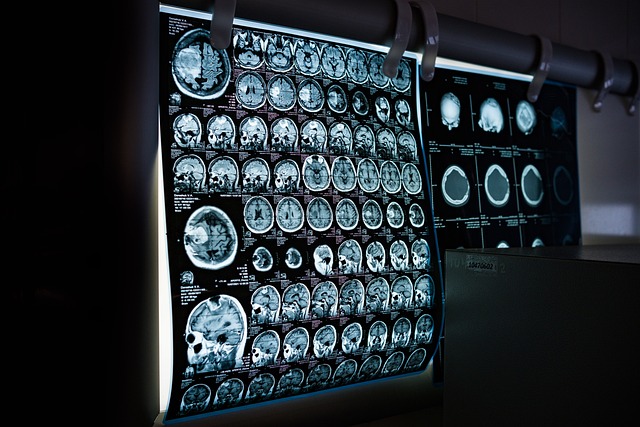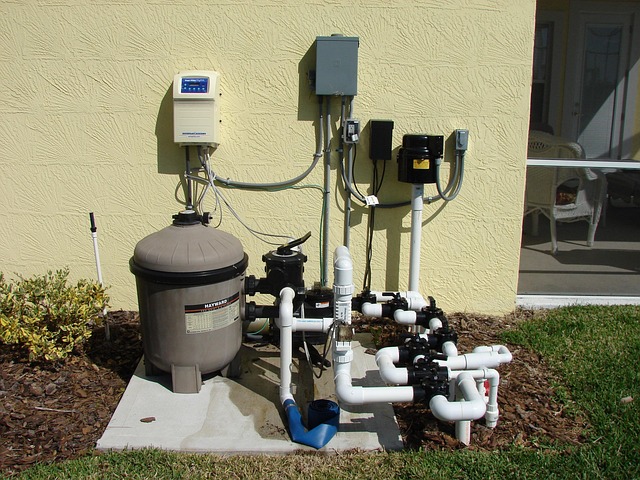Medical AI in the U.S.: How Technology Supports Modern Healthcare
Medical AI in the United States is increasingly used to support clinical decision-making, diagnostics, and administrative workflows. These technologies help analyze data, streamline processes, and improve efficiency across hospitals, clinics, and research institutions.

The integration of artificial intelligence into American healthcare represents one of the most significant technological shifts in modern medicine. Healthcare providers nationwide are adopting AI-powered solutions to enhance patient care, streamline operations, and support clinical decision-making processes.
How Medical AI Systems Transform Patient Care in the US
Medical AI in the US encompasses various applications, from predictive analytics to automated diagnostic tools. These systems analyze vast amounts of patient data to identify patterns, predict health risks, and recommend treatment options. Hospitals and clinics are implementing AI algorithms that can process medical images, interpret laboratory results, and even assist in surgical procedures with remarkable precision.
The technology particularly excels in areas requiring pattern recognition, such as radiology and pathology. AI systems can detect abnormalities in X-rays, MRIs, and CT scans faster than traditional methods, often identifying conditions that might be missed during initial human review.
AI Healthcare Tools Revolutionizing Clinical Practice
AI healthcare tools USA providers are developing encompass electronic health record optimization, drug discovery acceleration, and personalized treatment recommendations. These tools integrate seamlessly with existing hospital information systems, providing real-time insights without disrupting established workflows.
Natural language processing capabilities allow AI systems to extract meaningful information from unstructured medical notes, creating comprehensive patient profiles that support better care coordination. Machine learning algorithms continuously improve their accuracy by learning from new patient data and clinical outcomes.
Clinical AI Systems Supporting Medical Decision Making
Clinical AI systems serve as powerful decision support tools for healthcare professionals. These platforms analyze patient symptoms, medical history, and current health indicators to suggest potential diagnoses and treatment pathways. The technology doesn’t replace clinical judgment but rather augments physician expertise with data-driven insights.
Emergency departments benefit significantly from AI triage systems that prioritize patients based on severity and urgency. These systems help reduce wait times and ensure critical cases receive immediate attention, ultimately improving patient outcomes and hospital efficiency.
AI Diagnostic Support Enhancing Medical Accuracy
AI diagnostic support systems demonstrate remarkable capabilities in detecting diseases at early stages. Dermatology applications can identify skin cancer with accuracy rates comparable to experienced dermatologists. Ophthalmology AI tools screen for diabetic retinopathy and other eye conditions, enabling timely interventions that prevent vision loss.
Cardiology applications analyze electrocardiograms and echocardiograms to detect heart conditions, while radiology AI assists in identifying fractures, tumors, and other abnormalities across various imaging modalities. These tools particularly benefit rural and underserved areas where specialist expertise may be limited.
Medical Technology Innovation Driving Healthcare Forward
Medical technology innovation in AI continues advancing through collaborations between healthcare institutions, technology companies, and research organizations. Major medical centers partner with AI developers to create specialized solutions for their unique patient populations and clinical challenges.
Robotic surgery systems incorporate AI guidance for enhanced precision, while AI-powered drug discovery platforms accelerate the development of new treatments. Wearable devices connected to AI analytics provide continuous health monitoring, enabling proactive care management and early intervention strategies.
| AI Healthcare Solution | Provider | Key Features | Cost Estimation |
|---|---|---|---|
| IBM Watson Health | IBM | Clinical decision support, imaging analysis | $200,000-$1M annually |
| Google Health AI | Medical imaging, EHR optimization | $100,000-$500,000 annually | |
| Microsoft Healthcare Bot | Microsoft | Patient engagement, symptom checking | $10,000-$50,000 annually |
| Philips HealthSuite | Philips | Population health management, predictive analytics | $150,000-$800,000 annually |
| Epic MyChart AI | Epic Systems | Patient portal enhancement, clinical workflows | $75,000-$300,000 annually |
Prices, rates, or cost estimates mentioned in this article are based on the latest available information but may change over time. Independent research is advised before making financial decisions.
The future of medical AI in the United States looks promising, with ongoing developments in personalized medicine, genomic analysis, and precision therapy selection. As these technologies mature and become more accessible, they will likely play an increasingly central role in delivering high-quality, efficient healthcare to patients across the nation. Healthcare organizations must carefully evaluate AI solutions to ensure they align with their specific needs, regulatory requirements, and patient care objectives.
This article is for informational purposes only and should not be considered medical advice. Please consult a qualified healthcare professional for personalized guidance and treatment.




